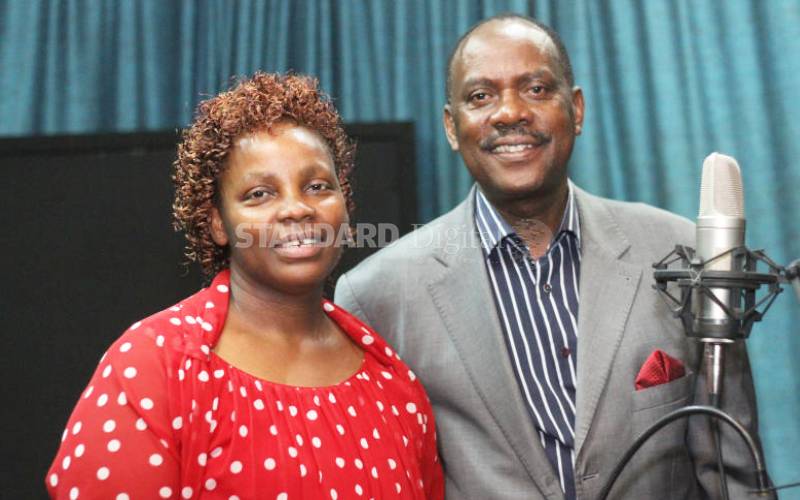×
The Standard e-Paper
Kenya’s Boldest Voice

Japheth Kasanga and his wife Anne Kasanga at the studio in Nairobi. [Elvis Ogina]
The Kassangas were a fixture on our screens every Sunday morning. Then they faded from the music scene. What happened? JACQUELINE MAHUGU catches up with Japheth Kassanga.